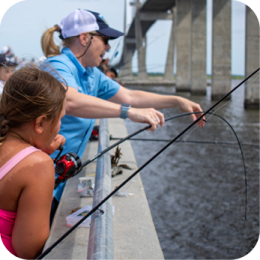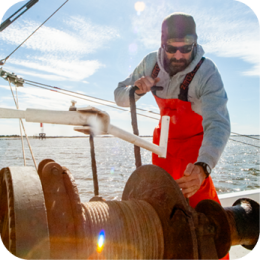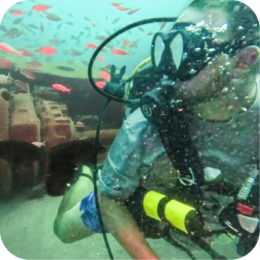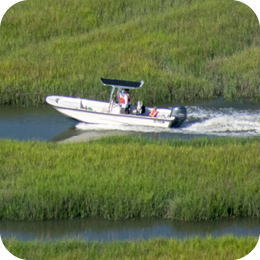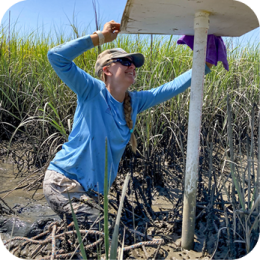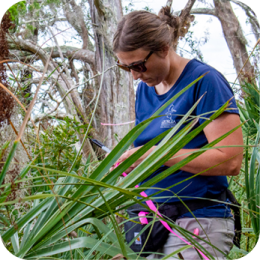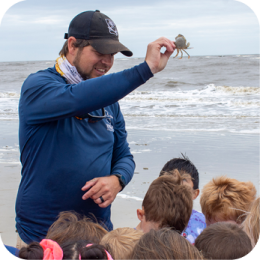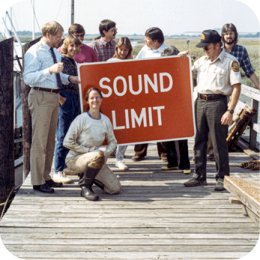
Recreational saltwater fishing on Georgia’s coast is an exciting and rewarding activity for anglers of all skill levels. With over 100 miles of pristine coastline, barrier islands, and estuaries, Georgia offers diverse fishing opportunities. Cast a line for prized species like redfish, trout, flounder, or tarpon while enjoying stunning coastal scenery. Whether you’re fishing from a pier, a kayak, or a charter boat, each trip promises adventure and the thrill of the catch. Beyond the fishing, it’s a chance to connect with nature, relax, and create lasting memories with family and friends. Georgia’s coast truly has something for everyone!
Fishing Licenses
Anglers age 16 and older must have a current Georgia fishing license in their possession while fishing in fresh or salt water in Georgia. Additionally, a free Saltwater Information Program permit is required to fish in saltwater.
Saltwater Regulations
Saltwater fishing regulations in Georgia's territorial waters help conserve fish populations, protect marine ecosystems, and ensure sustainable fishing practices, benefiting both the environment and future generations of anglers.
Best Fishing Practices
Proper handling and release of caught fish is vital for healthy populations, as millions of recreational anglers contribute significantly to overall fishing efforts, making sustainable practices crucial. Support conservation with best practices.
Learn to Fish
Learning to saltwater fish is fun and enjoyable because it combines outdoor adventure, skill-building, and the excitement of reeling in diverse fish species, creating memorable experiences with family and friends.
Saltwater Fishing Resources
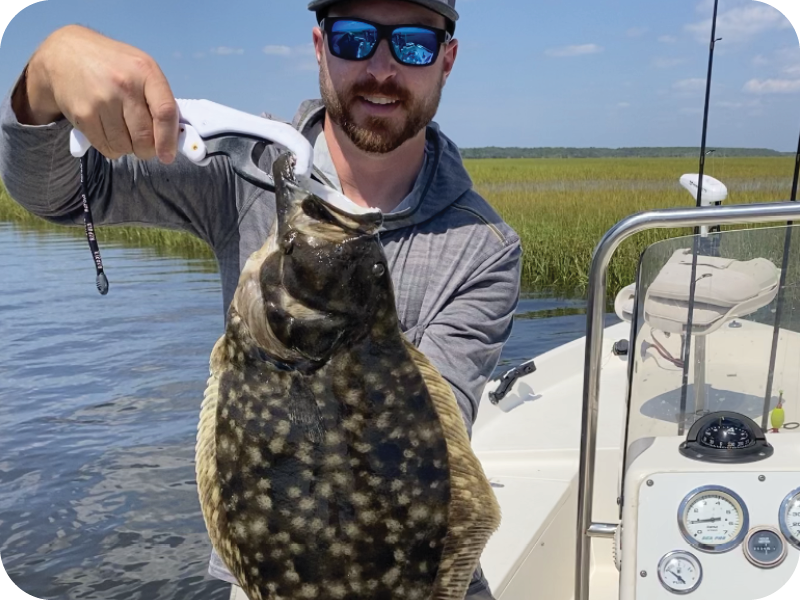
Saltwater Species Profiles
Georgia's waters are home to a variety of species of fish. Learn about some of the most common fish you'll see in Georgia and other information.
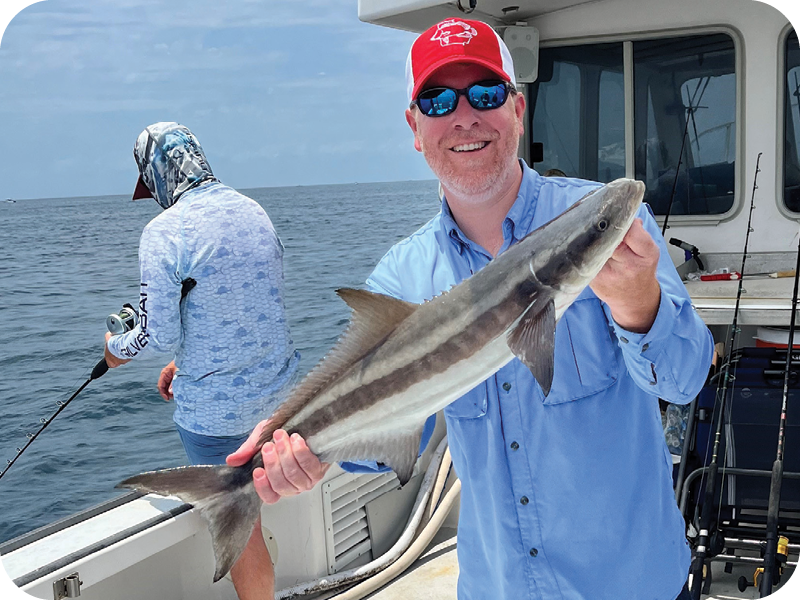
Marine Fishery Management 101
Georgia's fisheries benefit from the collaboration of Coastal Resources Division, the Atlantic States Marine Fisheries Commission, and the South Atlantic Fishery Management Council. Together, these three agencies balance conservation and fishing opportunities through habitat restoration, regulations, and science-based policies, ensuring sustainable fish populations and thriving ecosystems.
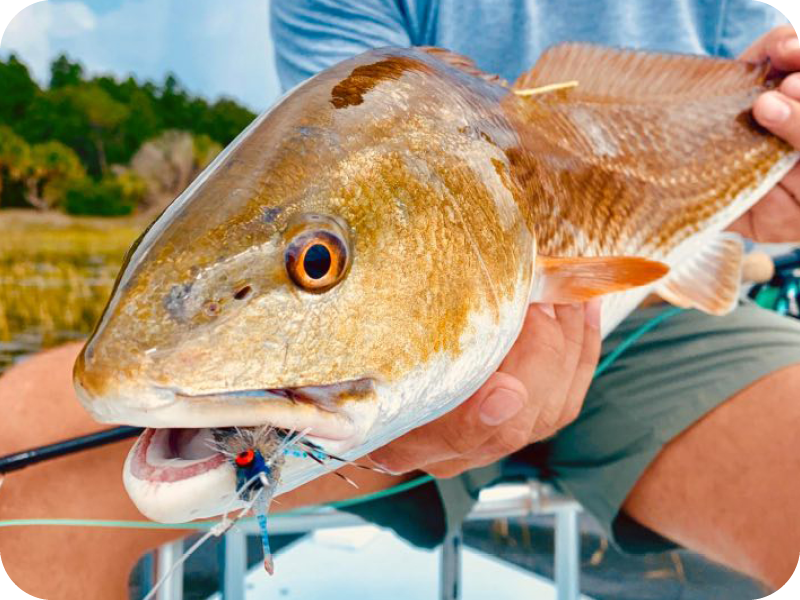
Angler Citizen Science Opportunities
The Cooperative Angler Tagging Project collects data about fish species across Georgia's Coast. Since 1988, anglers have tagged more than 14,000 fish. Some of the fish that have been tagged are black drum, sheepshead, spotted seatrout, red drum, tripletail, and tarpon. The information from tagged fish yields life history data including growth, movement, and habitat preference. Additionally, anglers are encouraged to donate their fileted fish carcasses as one of 17 freezer chests across the coast so CRD biologists can gather similar data.
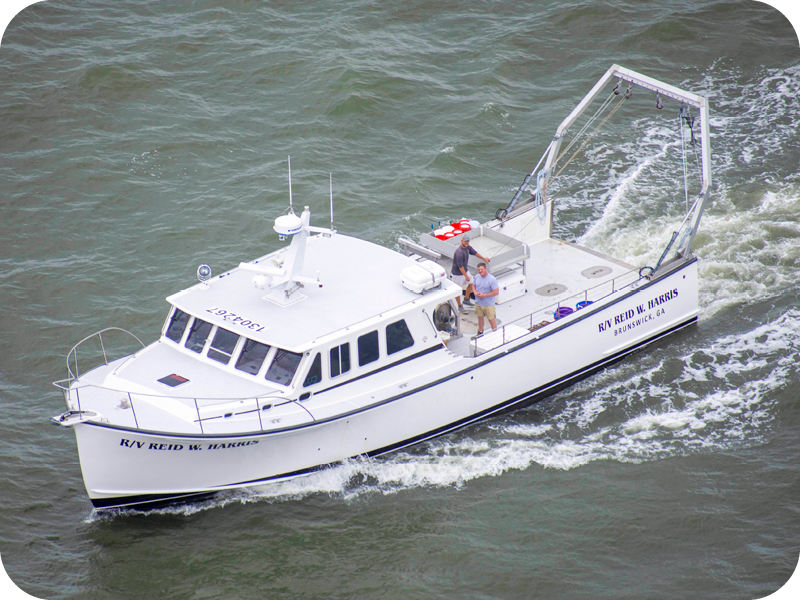
Data Collection and Surveys
Coastal Resources Division conducts a variety of fisheries dependent and independent surveys to gather data about the health of Georgia's saltwater species. Some are done with the assistance of the public, and others are done by marine biologists in the field.
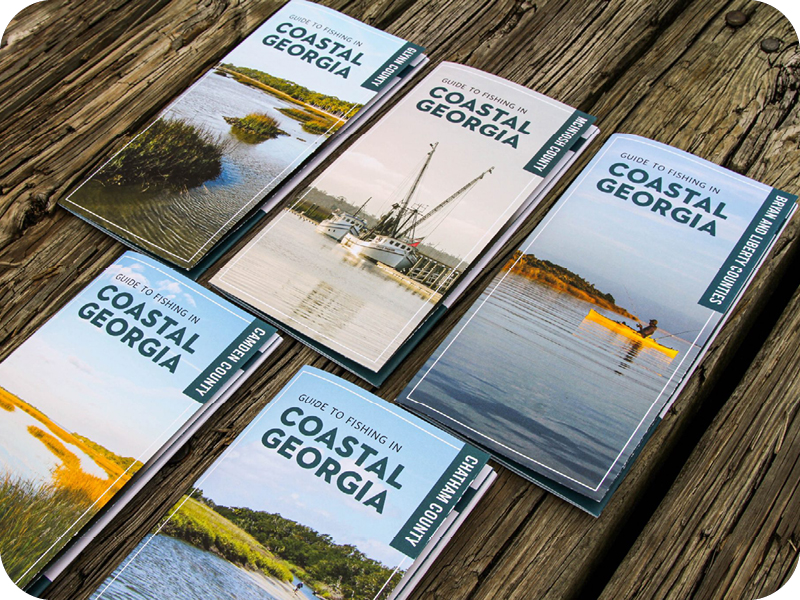
Coastal Georgia Fishing Maps, Regulation Decals, and Measuring Decals
The Coastal Resources Division and the University of Georgia Marine Extension and Sea Grant produce digital and hard copy fishing maps for Georgia’s six coastal counties, offering guides to recreational saltwater fishing and inshore fishing spots. CRD also provide screen-printed, vinyl fish-measuring and regulation decals, ideal for outdoor use on boats and coolers. Available at bait shops, sporting goods stores, and DNR offices, the decals can also be ordered by mail.
More about Saltwater Fishing
The links below provide additional valuable information about federal and interstate fishery management, necessary federal permits for fishing for certain species 3-200 nautical miles offshore, and inshore fishing state fishing regulations, which apply up to three nautical miles offshore. The "Fish Rules" website and mobile app can also be used to find applicable regulations for your area and target species.
Federal & Interstate Fishery Management
Connect with CRD partner agencies.
![]() South Atlantic Fishery Management Council
South Atlantic Fishery Management Council
![]() Atlantic States Marine Fisheries Commission
Atlantic States Marine Fisheries Commission
![]() National Marine Fisheries Service
National Marine Fisheries Service
![]() Federal Highly Migratory Species Regulations (Tunas, Billfish, Sharks, Swordfish)
Federal Highly Migratory Species Regulations (Tunas, Billfish, Sharks, Swordfish)
Helpful Resources
Find more information about state and federal fishing regulations.
![]() Georgia Hunting & Fishing Regulations and Seasons Guide (Website)
Georgia Hunting & Fishing Regulations and Seasons Guide (Website)
![]() Georgia Hunting & Fishing Regulations and Seasons Guide (PDF)
Georgia Hunting & Fishing Regulations and Seasons Guide (PDF)
Sister Divisions
DNR's Wildlife Resources Division manages freshwater fisheries in Georgia, and Georgia State Parks & Historic Sites offers exciting locations to fish.
Other Saltwater Fishing Topics
There are many more aspects to saltwater fishing. Use the links below to learn more about different subjects or find additional information.
Learn more about:
Fishing & Recreational Harvest
My First Fish Certificate
Tips for Winter Fishing
Tips for Tarpon Fishing
Tips for Flounder Fishing
Tips for Spotted Seatrout Fishing
Recreational Crabbing
Recreational Shellfish Harvesting
Conservation & Habitat
Oyster Shell Recycling
Artificial Reefs & Marine Habitat
Descending Devices
Boating & Safety
Access the DNR Online License System
DNR-approved Online Boater Safety Course
General Boating Information
Science & Environmental Monitoring
Water Quality Monitoring
ASFMC 2024 Red Drum Stock Assessment
Fish Consumption Guidelines
Publications & Resources
Coastlines Magazine
NOAA Tides & Currents
Sign Up to Receive Saltwater Fishing Updates and News from CRD
Provide your email address below to register for CRD's emailing list.
